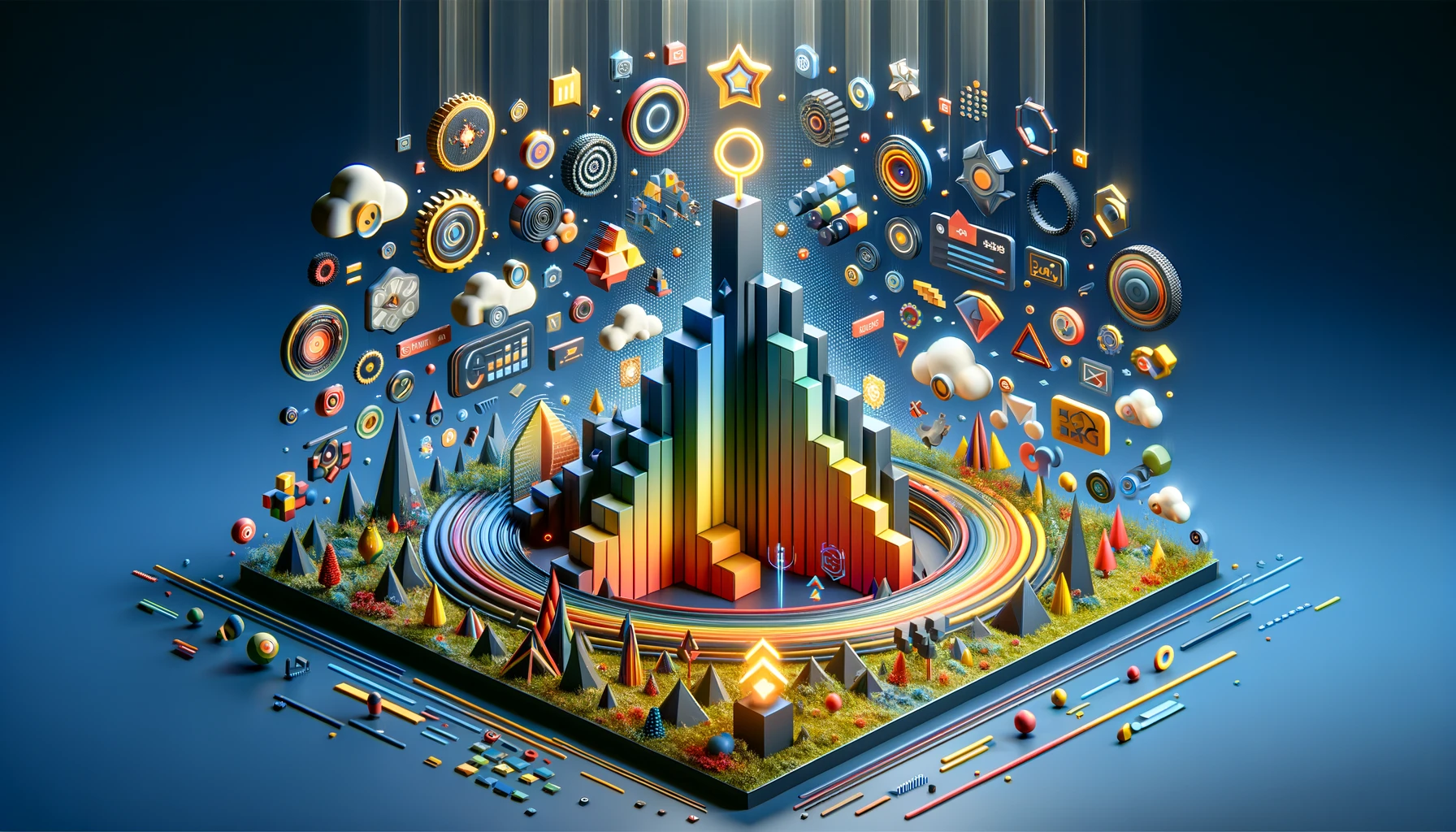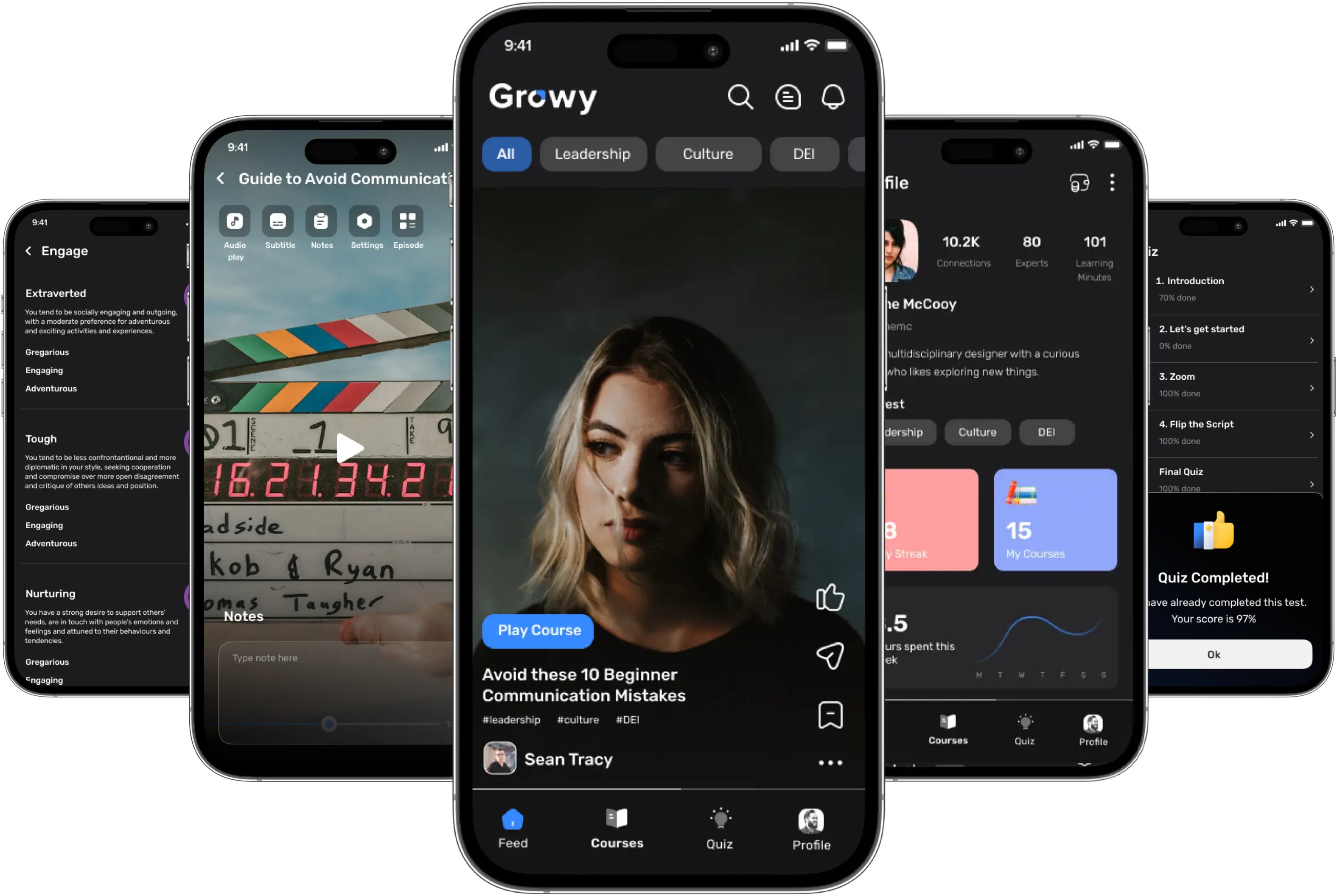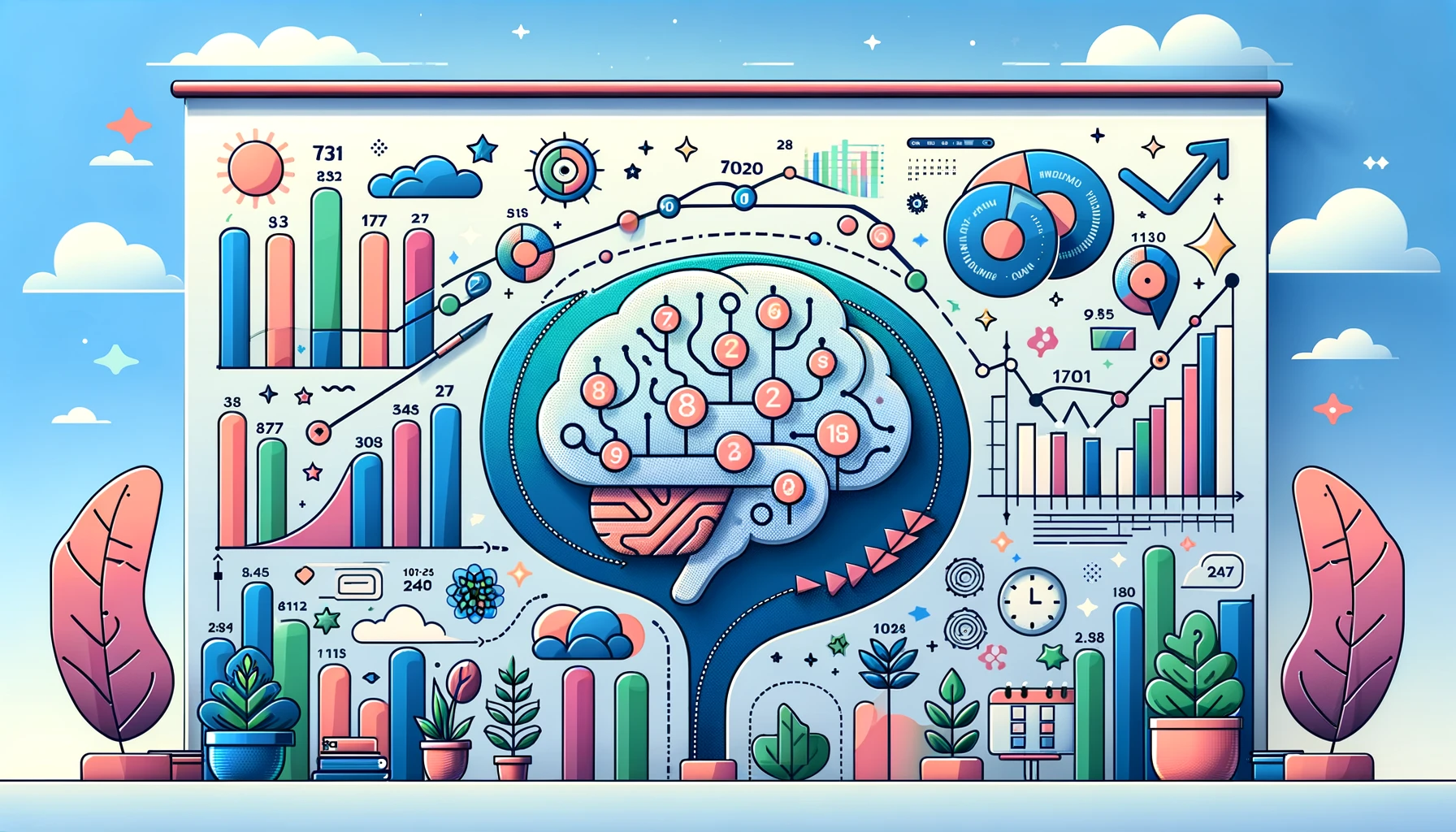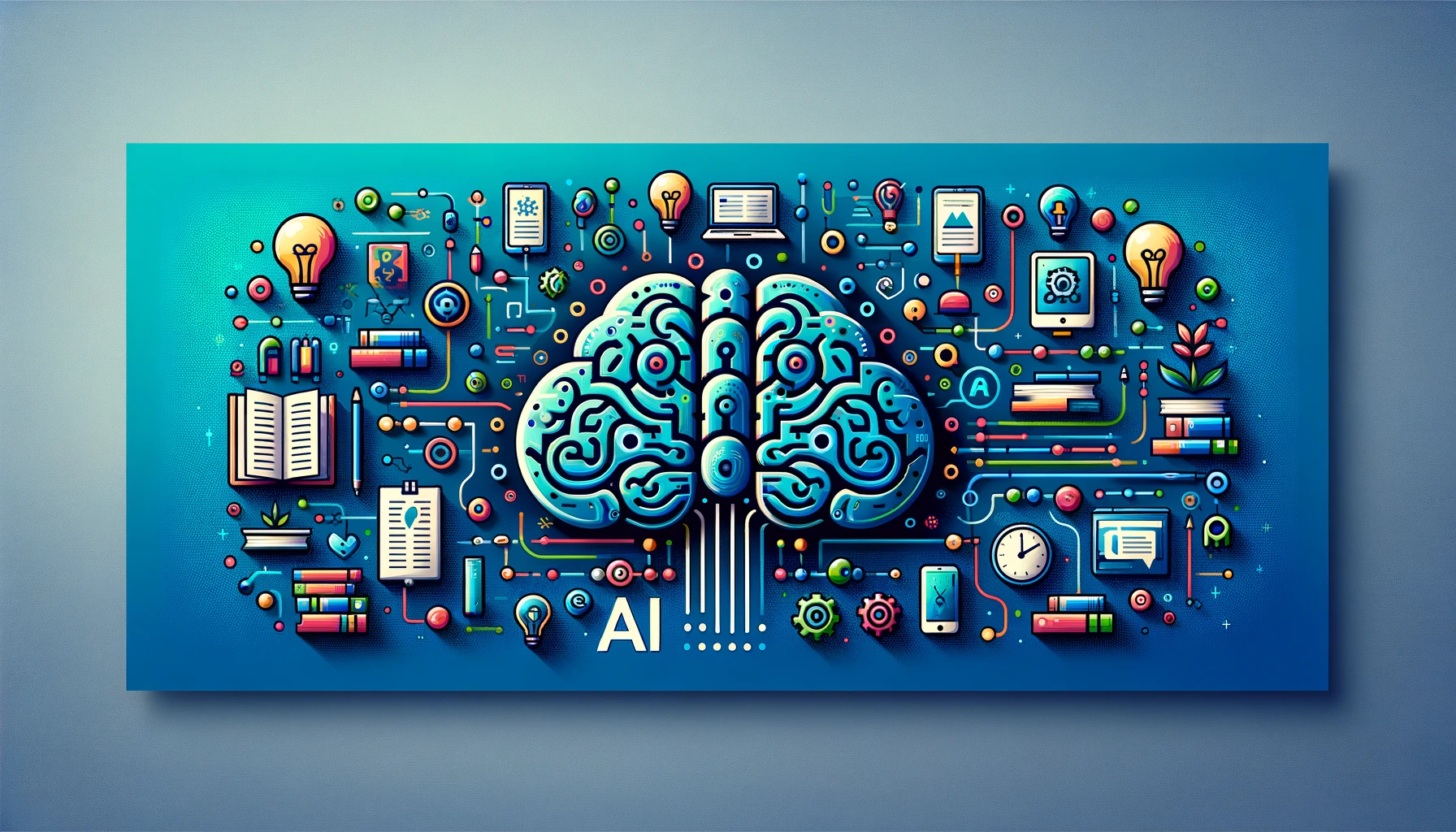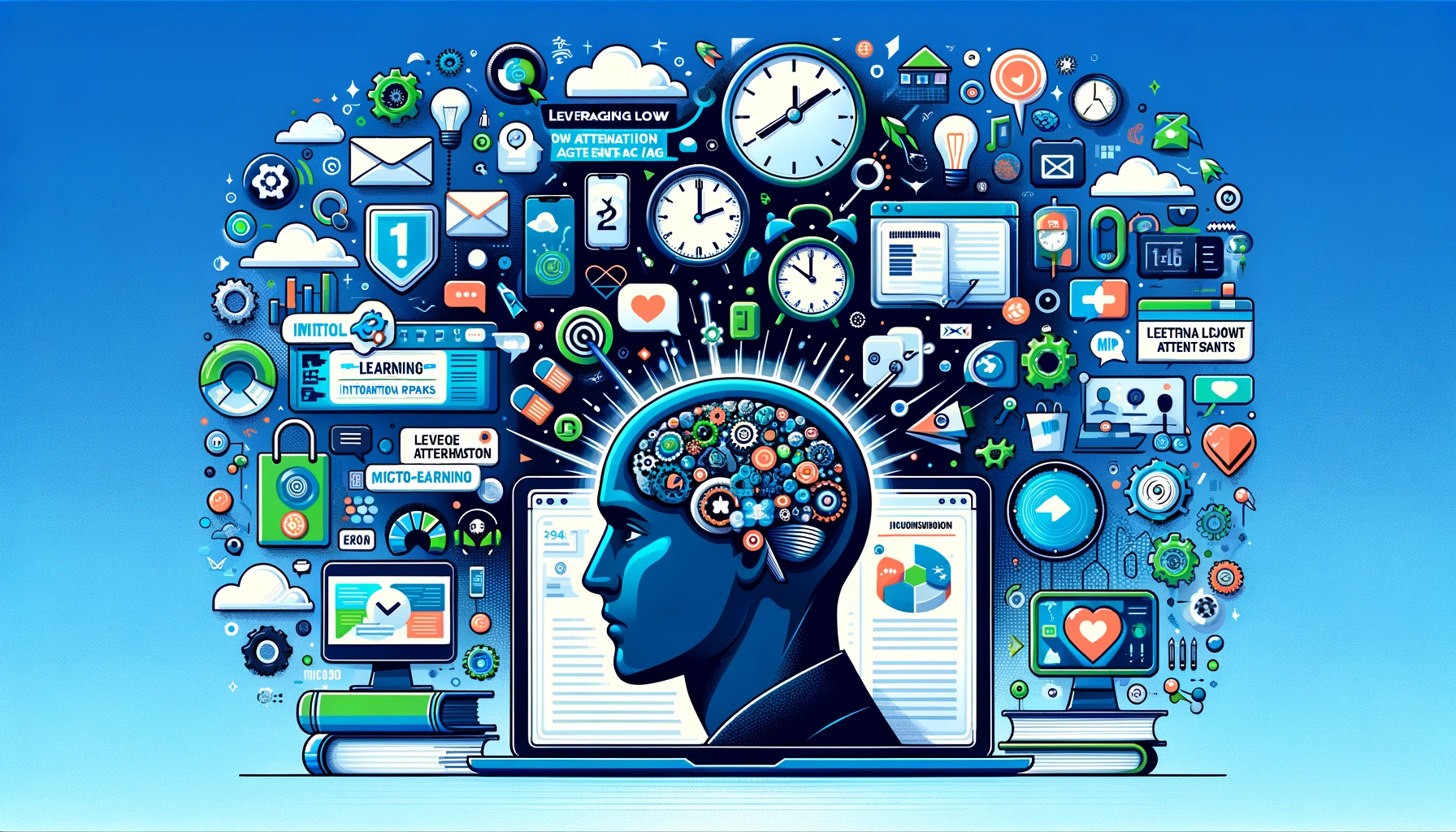
We send you all things hot & interesting from 200+ skill domains in to our community.
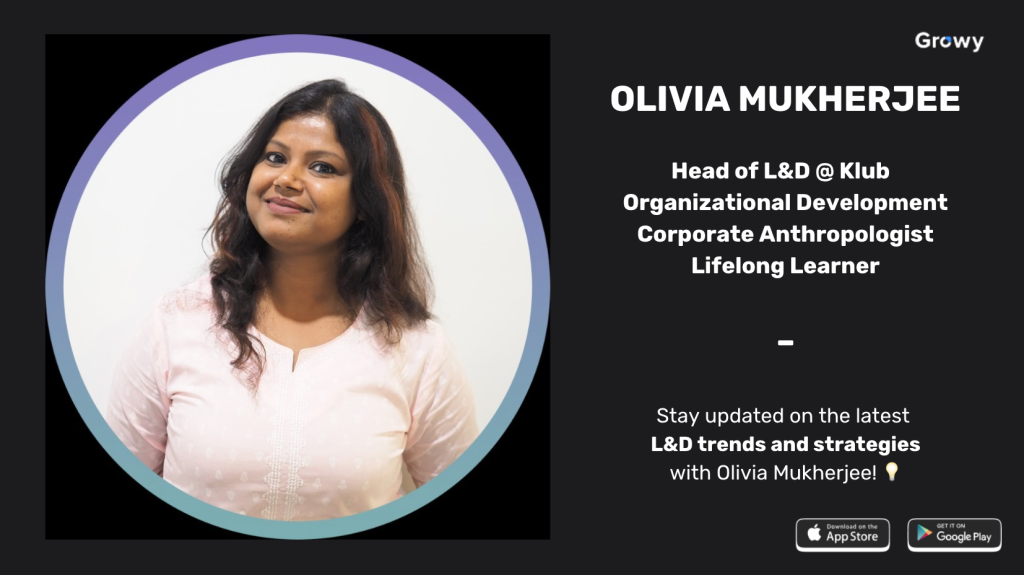
Distinguished and acclaimed in the realm of L&D (learning and development), Olivia Mukherjee stands tall with over two decades of unmatched experience.
As the loving owner of three cats, Olivia walks a tightrope to balance her lifelong commitment to learning in both her personal and professional space. Currently deputed as the Head of Learning and Development at Klubworks, her journey, insights, and perspectives are nothing short of enlightening. In our discussion, Olivia provides invaluable insights into her progressive career journey, the intricate fabric of L&D, and the course it’s charting for the future.
Olivia’s entry into the world of learning wasn’t a structured plan but stemmed from her innate desire to help people realise their potential via upskilling. Her curiosity for acquiring knowledge and using it to add value to organisations and individuals was the driving force. A significant moment that shaped her career was her tenure as a training manager in a major corporation, where she addressed team issues through targeted training interventions, emphasising the transformative power of coaching over classroom training debunking the one size fits all approach to skill development.
L&D faces hurdles like any other department/function. The primary one being the widespread misconception linking learning only to formal education. Olivia advocates for lifelong learning to keep up with our dynamic world and to keep one’s cognitive acuity sharpened at all times. Another issue prevalent amidst learners is that current day skills will lead to future growth and opportunities. This may be true during the early years of one’s career but beyond that it’s important to dedicate time and resources into self-learning and upskilling to remain future-ready. With automation and widespread access to technology making time for continuous learning is easier than ever before
In the rapidly evolving landscape of L&D, several key trends are shaping the future vision. The integration of technology, as highlighted by Olivia, plays a pivotal role in this transformation. Leveraging technology for training delivery, progress monitoring, and outcome assessment has become not just a trend, but a necessity.
One of the prominent shifts in learning and development is the emphasis on personalization and social engagement. Learning experiences are becoming increasingly tailored to individual needs and preferences. Simultaneously, gamification is being used to make learning engaging and enjoyable. Additionally, investments in Virtual Reality (VR) and Augmented Reality (AR) are gaining momentum, especially in industries where learning needs to be immersive and where physical and precision training are essential.
Another significant aspect is the realisation among organisations that reskilling their existing workforce is often a more cost-effective strategy than firing and replacing employees. This shift in mindset is opening up new opportunities for employees to upskill and adapt to evolving job roles.
The pandemic has also redefined work dynamics, with remote and hybrid work options becoming permanent fixtures. Despite the virtual barriers, the importance of physical presence, intercultural communication will continue to be relevant. Therefore, individuals should focus on developing skills that allow them to make a strong presence in both physical and virtual environments. Additionally, working with data is becoming increasingly critical, as data-driven decision-making is becoming the norm.
In this evolving landscape of learning and development, embracing these trends and staying at the forefront of opportunities is crucial. It’s a dynamic journey that requires adaptability, continuous learning, and the willingness to ask for more. By aligning with these emerging trends, individuals and organisations can navigate the future of learning and development successfully.

The new-age learners, Gen Z, are marked by their tech-savviness, their undeterred curiosity and their ability to question the status quo. Learning will always be personal for each individual and in that spirit the learning experiences for GenZ and Millennials must be:
Olivia underlines the significance of grasping the learner’s motivation – intrinsic as well as extrinsic during the entire learning lifecycle. This approach ensures relevance and authenticity. Using diverse tools for assessment captures a holistic view of the learner’s capabilities, considering the varied learning styles and last but not the least Olivia stresses on the importance of piquing their curiosity by answering the WIIFM (what’s in it for me) early on in the learning process.
In an ever-evolving environment, the capacity to unlearn old paradigms and embrace the new is paramount. Olivia emphasises the virtues of humility, curiosity, and being receptive to feedback. Additionally, emotional intelligence, comprehending and managing one’s emotions and those of others, plays a pivotal role in workplace and personal success. Olivia’s recommendations to enhance emotional intelligence and unlearning include practising mindfulness, fostering diverse relationships, listening deeply and being a lifelong knowledge seeker.
Olivia believes that if one cannot explain why something is a success, it’s a potential setup for future failure. Just as understanding the factors behind success is crucial, failures must also be examined with equal diligence, as they often serve as the catalysts for innovative thinking and new approaches. In essence, success and failure are intertwined, and true success is born from learning from both experiences. Olivia provides a structured approach to manoeuvre through setbacks:
Openness to feedback, humility, and a consistent effort are critical to bounce back. Olivia further addresses the need to cultivate a growth mindset: an attitude that abilities can be honed through effort. This mindset is vital for personal and professional evolution.
In summary, Olivia Mukherjee offers a treasure trove of insights for the L&D sector, emphasising the importance of continuous learning, the ability to unlearn, harnessing emotional intelligence, and the power of resilience in the face of challenges.
For more information on Olivia’s professional experience, please visit her LinkedIn profile.
